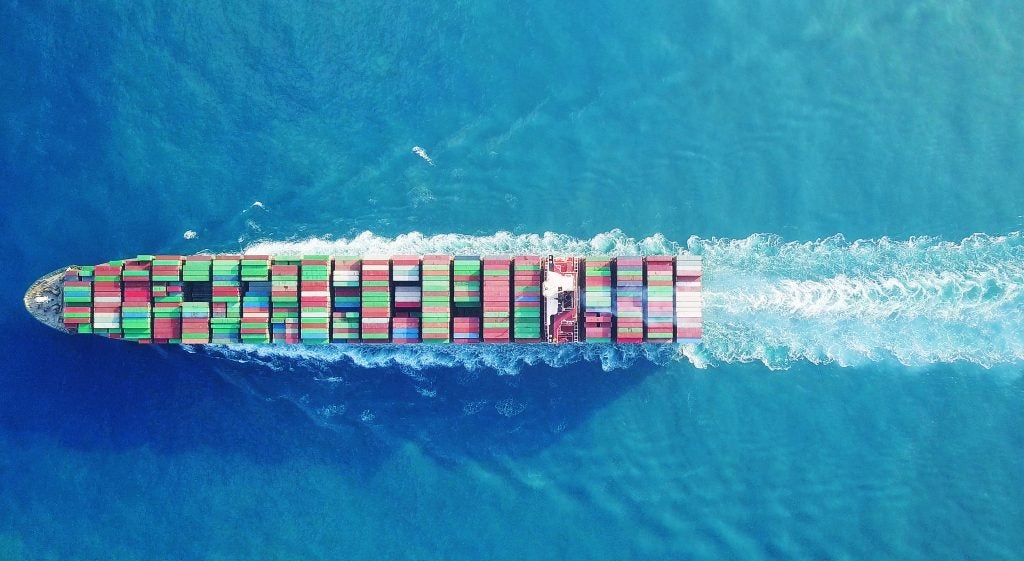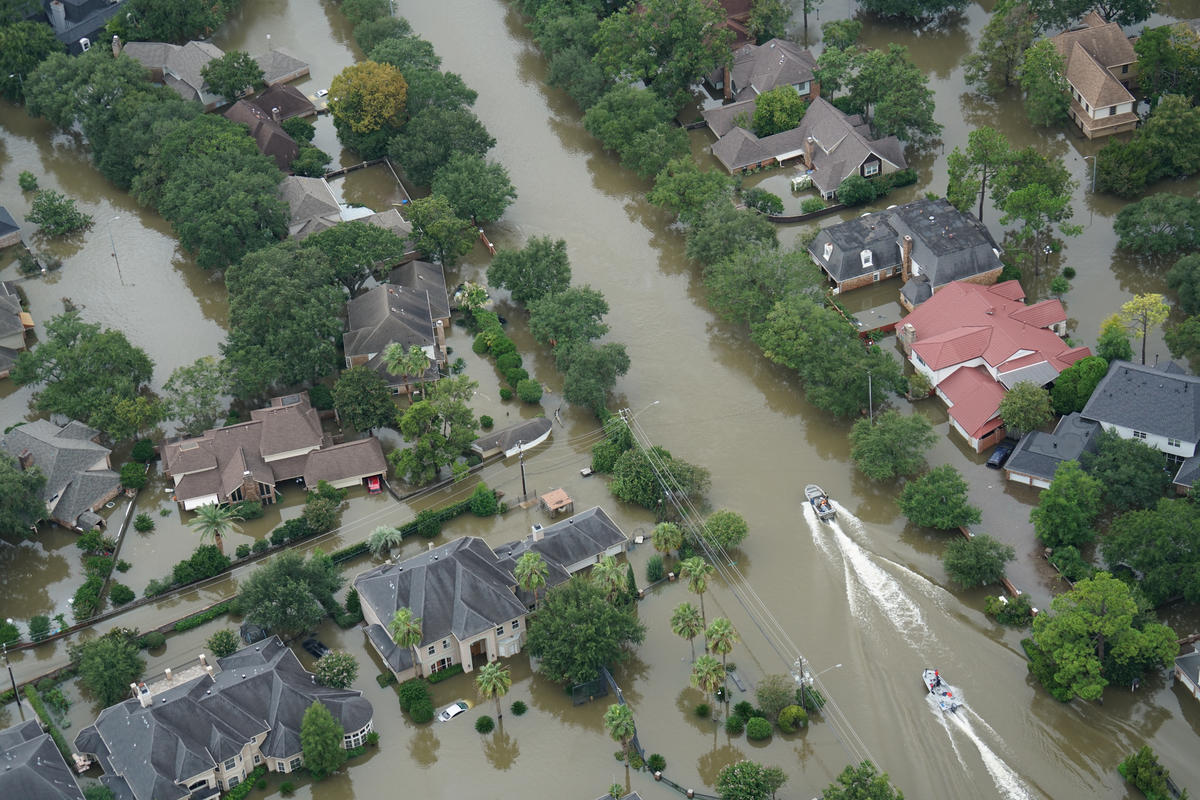The Getting to Zero Coalition: a step further towards decarbonization

This post was authored by Aoife O’Leary, Natacha Crete and Marie Hubatova from Environmental Defense Fund Europe
Today at the United Nations Climate Action Summit, the youth movement with Greta Thunberg at its helm, called out the world leaders in attendance for a lack of action in the climate emergency. Greta’s impassioned plea again makes clear that the time for action is now. Action from all sectors. In the absence of real transformative action, we have no hope of meeting the temperature goals established by science and enshrined in the Paris agreement.
The UN Secretary General Antonio Guterres convened the climate action summit asking that countries and sectors come forward with scalable action. The summit is supposed to clarify the “how” in our path to avoiding catastrophic climate change. These provide the necessary catalyst for countries to take more ambitious commitments at the international climate negotiations in Glasgow in 2020. While much of what was announced today at the summit was pretty underwhelming, major players in the shipping sector have made significant effort to answer Guterres’ call.
While much of what was announced today at the summit was pretty underwhelming, major players in the shipping sector have made significant effort to answer Guterres’ call.
On the summit’s main stage, the Danish Minister for Foreign Affairs, and CEOs from Maersk Container Industries, the Antwerp Port, and Sustainable Energy for All launched the Getting to Zero Coalition. The coalition brings together 74 major shipping companies and members of civil society, including EDF. The objective, to have commercially viable zero emission vessels operating along deep sea trade routes by 2030, has been endorsed by ten countries to date – Belgium, Chile, Denmark, Palau, Morocco, Korea, Ireland, UK, New Zealand, Sweden and France. It sends the strong signal that shipping is ready to make a clean break from the oil derived sludge that currently powers the wold’s largest vessels. The industry has zero emissions vessels clearly in their sights in order to regain the green moral high ground.
International shipping is responsible for 2.8% of global annual GHG emissions and emissions from the sector are growing rapidly (potentially more than doubling by 2050). Last year, countries agreed in the International Maritime Organisation (IMO) to reduce its GHG emissions by at least 50% by 2050, compared to 2008 levels, and fully decarbonise by the end of this century. The IMO has not yet agreed on concrete action to achieve this goal. The announcement today demonstrates, without a doubt, that many in the shipping industry are preparing for the necessary low carbon transition. The GtZ Coalition specifically highlights the urgency of addressing the climate emergency and focuses attention on the hardest challenge facing the sector – how to decarbonise the world’s largest ocean going vessels.
Solving this challenge could be good for both climate change and international development. Over 90% of global trade is carried by ship and more than 60% of goods are loaded and unloaded in developing countries. This creates a significant opportunity for countries that lack existing large scale sources of demand for energy but enjoy large untapped renewable resources such as solar. Our report Sailing on Solar shows that the demand for green alternative fuels in shipping can unlock hundreds of billions of dollars in revenues for developing countries.
The focus now must be on crafting policies at the IMO that can commercialise zero emissions vessels and get them out on the water quickly. Because shipping is global, the introduction of a carbon price would generate revenues for research, development and deployment of solutions, and have a positive impact across the planet. We look forward to the IMO’s next meeting in London, in November, when we can start to translate the momentum shown here today into international policy.












